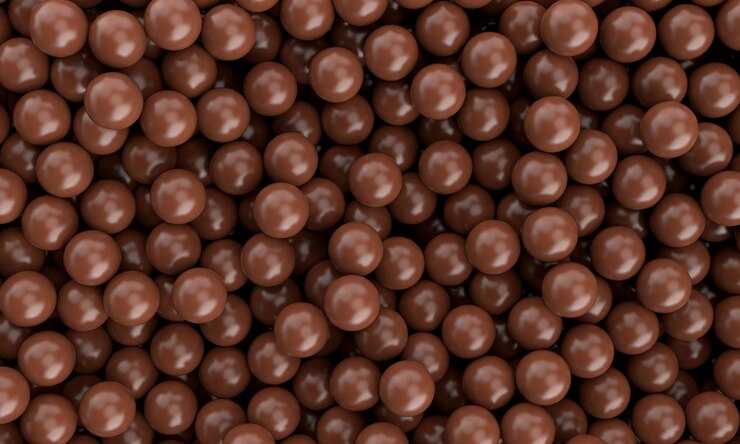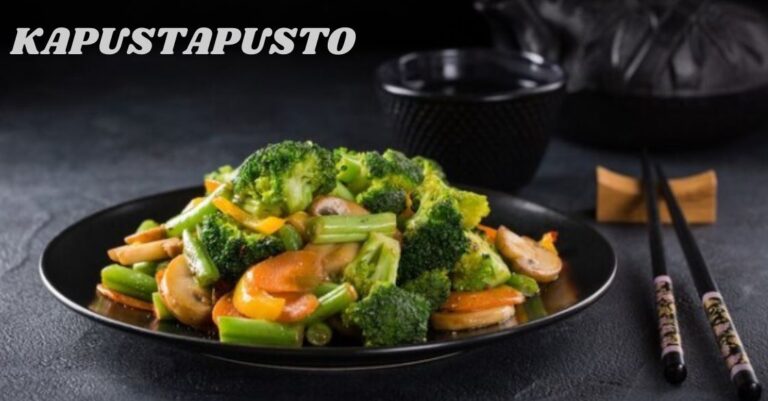Is it bad to use potassium sorbate in food as an additive?
A common food preservative that is most often used in many products is Potassium Sorbate. Because it delays quickening the spoilage process and the multiplication of fungi and yeasts as a result, therefore most people use it in their products. Is this additive edible or not is a question that lingers in most minds but unfortunately, I cannot answer that definitively right away. This blog post will therefore be devoted to exploring some aspects of potassium sorbate such as how it is used, whether it is safe or not and what may make someone sick.
What is Potassium Sorbate?
Food products are normally preserved through Potassium sorbate, the combination of sorbic acid and potassium hydroxide yielding white crystalline powder devoid of odour or flavour.
Uses in Food Preservation
The preservation of a broad range of food items such as dairy, beverages, and baked goods is a major use of potassium sorbate because it inhibits the growth of moulds, yeasts, and fungi in a very effective manner mostly in products where preservation of life and safe consumption of food are important.
How is Potassium Sorbate Made?
Upon reaction with potassium hydroxide, sorbic acid produces potassium sorbate, a food additive that is both stable and soluble in water.
Industrial Production
The food industry uses a lot of food additives & potassium sorbate is a major one of them, which is made on a large scale for this. It can therefore be used easily to preserve food commercially as a result of making so much of it as necessary food.
Benefits of Using Potassium Sorbate
The shelf life of food is lengthened by potassium sorbate. It reduces food wastage and maintains its quality. Besides, it preserves cheaply at low concentrations.
Versatility in Food Products
It is common to find potassium sorbate in cheese, yoghurt, dried fruits, and wine among other food products as it can be used in various kinds of them without impacting their taste or texture. This compound is known to help preserve quality as well as safety during storage of such products.
Is Potassium Sorbate Safe?
Health and Safety Councils according to the U.S. FDA consider potassium sorbate generally regarded as safe after various studies. In terms of risks, however, some reservations have still been expressed in the recent past.
Regulatory Approvals
Regulatory agencies such as the FDA and EFSA have sanctioned potassium sorbate for use in foodstuffs. The permission is predicated on elaborate research findings availing safety information to human beings as well as typical usage amounts.
Potential Side Effects
Although potassium sorbate is generally safe, certain people might still be allergic to it or may develop some sensitivities towards this substance leading to adverse effects on their health. Such responses are usually less severe including skin rash, or even stomach upset in some instances.
Allergic Reactions
Potassium sorbate rarely causes allergies but it can be dangerous. Indications may range from hives to oedema, or erythema, especially on the spot of application. In such a case, seeing a healthcare provider is recommended.
Comparing Potassium Sorbate with Other Preservatives
Mostly, potassium sorbate is compared to other preservatives such as sodium benzoate and sulphur dioxide. Some specific advantages and disadvantages are attached to each preservative and therefore it is important to select the most appropriate one depending on the intended use.
Effectiveness and Safety
When contrasted with other preservatives, potassium sorbate leads to a different kind of results since low quantity is enough. Its safety is significantly high. This is because it is hardly associated with adverse reactions like some other known preservatives.
Natural Alternatives to Potassium Sorbate
If you want to stay away from chemical preservatives, natural alternatives are the best bet for you! For example, we can rely on things such as vinegar, and lemon juice as well as some specific types of essential oils that would help us protect what we eat.
Efficacy of Natural Preservatives
While natural preservatives can be successful, they usually need higher concentrations to keep food as well preserved as they would if potassium sorbate was used. This may in some cases render the food unusual in taste, texture, or both.
Conclusion
Preservative properties make potassium sorbate a popular food additive. However, it’s necessary to consider possible allergies and other possible effects even though it has been approved as a safe substance to use in foods. As much as possible information would also suffice in this discussion; thus linking any reader’s preferences in regards to what he takes along with considering that some prefer them chemical while others are natural. The balance between chemical and natural can influence one’s choice to pick out the ideal preservative based on his/her requirements.







